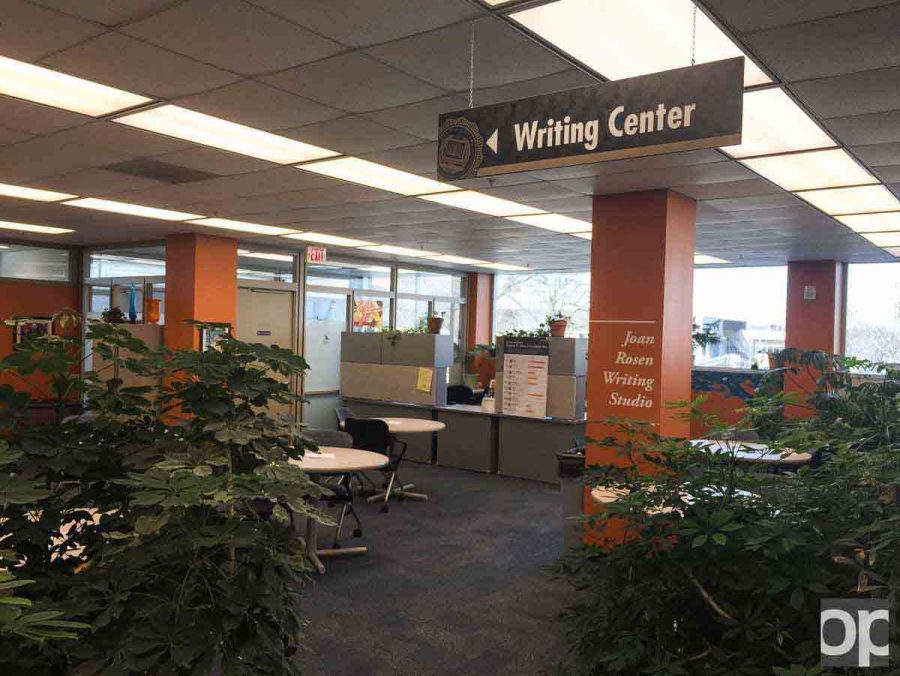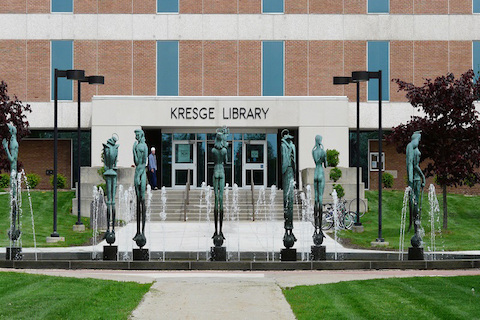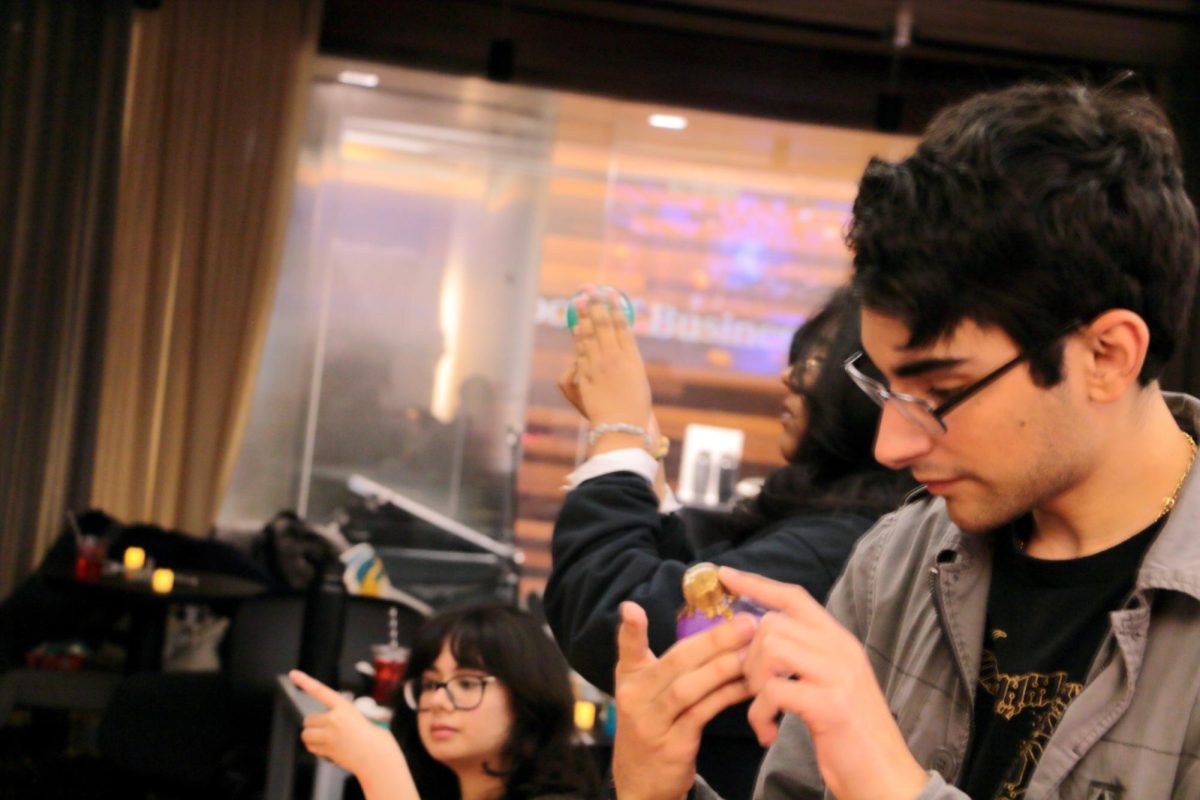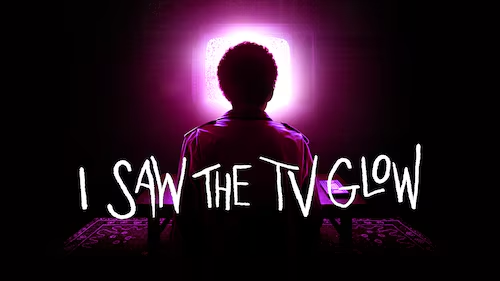On March 13, Oakland University’s Writing Center (OUWC) invited Dr. Chris Kobus, the director of Engineering and Energy Education, and Dr. Colin Wu, an associate professor in biochemistry, to speak about their processes and tips surrounding publishing academic work.
Kobus has published his work in several journals such as the International Journal of Heat Transfer and the American Society of Mechanical Engineers. Kobus pays special attention to experimental certainty analysis when reviewing the work of his peers.
“Whenever people come to me and say I need experimental data, the first thing I’m looking for is an experimental certainty analysis,” Kobus said. “Thorough, detailed, you need to convince me that you’re seeing what you think you’re seeing.”
For students struggling with how to start their papers, Kobus explains that students should start with the literature review.
“The beginning of the story is always a literature review,” Kobus said. “So where does my research fit in with what’s out there today? What’s new about this? What’s the intellectual merit? What am I putting into the archival literature that has not been there yet?”
While he suggests students start their work with a literature review, Kobus explains that there is no definitive structure for completing a research paper.
“Here’s one of the errors that some of my colleagues expect,” Kobus said. “An abstract introduction, the body, the conclusion, but that’s it. It can’t be structured like that. Not a single textbook in the world is structured like that. Chapter One is the basic concept, chapter two builds on the simple concept and chapter three builds on what chapter two did. All the theories are not in one section.”
Wu runs a research lab that studies DNA repair, with a team of six students. Wu suggests that students aspiring to engage in research get in the habit of reading peer-reviewed papers.
“I think the best way to improve your writing is just by reading a lot,” Wu said. “For the students who work in my lab, I make them read one peer-reviewed paper per week.”
According to Wu, it is important not to treat the research as fact until the data proves it to you.
“We treat everything as BS until they prove to you otherwise, so don’t believe anything, unless the data tells that story,” Wu said. “If the data does not convince you, ask yourself what pieces of data are missing that would convince you otherwise.”
Wu warns that there are plenty of predatory journals out there. If they sound too good to be true, they usually are. To help find credible journals, Wu suggests using BioRxiv, a biology preprint server.
“This [BioRxiv] is essentially a preprint server, so it’s really meant for draft papers that are not ready yet to go out,” Wu said. “The nice thing is this particular preprint server has a whole list of journals that once you are ready to submit, select the journal that you want to submit to and it auto converts and beams it up to the mothership.”
For more useful tips on writing published research as well as step-by-step help through your writing endeavors, visit the OUWC website to schedule an appointment.






